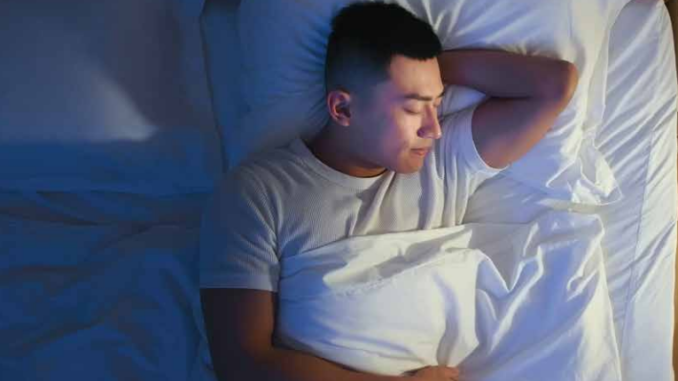
Those who don’t get enough sleep don’t just risk dozing off in an important afternoon meeting. There are serious health implications, particularly over the long term.
The reasons for these struggles with rest vary widely. Some simply struggle to quiet their minds, while others may opt to sacrifice sleep hours to get more done each day. Others may suffer from a physical condition that keeps them from easily falling or remaining asleep. Work and family obligations may compound the issue. Whatever the cause, this is a situation that needs to be addressed before the lack of sufficient sleep becomes a far more serious issue.
WHY IT MATTERS
Sleep plays a crucial role in metabolism, immunity and other essential brain functions like memory. It plays a key factor in learning, too – and not just because those who get more rest often find it easier to concentrate. Studies show that deep, restorative sleep enables our brains to more easily process new information and store it away for retrieval later. Not getting enough sleep can lead to an over-reliance on caffeine, and that can have its own adverse effects if consumed in high enough doses.
HOW MUCH IS NEEDED?
We have seen significant advancements in sleep technology over the years, including adjustable mattresses and memory pillows. Yet an unbroken night of restful sleep can remain elusive. The amount you need varies depending on age. For newborns, the range is 14 to 17 hours a day. For older adults, it’s 7 to 8 hours. The general rule is to simply listen to your body to determine how much sleep you need.
GETTING TO SLEEP
Try to maintain a consistent bedtime and wake-up time — even on weekends. Experts advise against taking late-afternoon naps, while recommending that all naps be kept under 20 minutes. Avoid consuming caffeine and alcohol, particularly late in the day. Engaging in daily physical activity can help. When preparing for sleep, turn off all screens — including your phone — at least an hour before bedtime.
This kind of visual input can have a direct effect on your sleep. If you are still having trouble, take a deeper look at your sleep environment. Factors like noise and light may be playing a role. If you continue to feel sleep-deprived, see your doctor.
Tired of tossing and turning at night? Here are some golden tips to help you catch those elusive Z’s. Read more here.